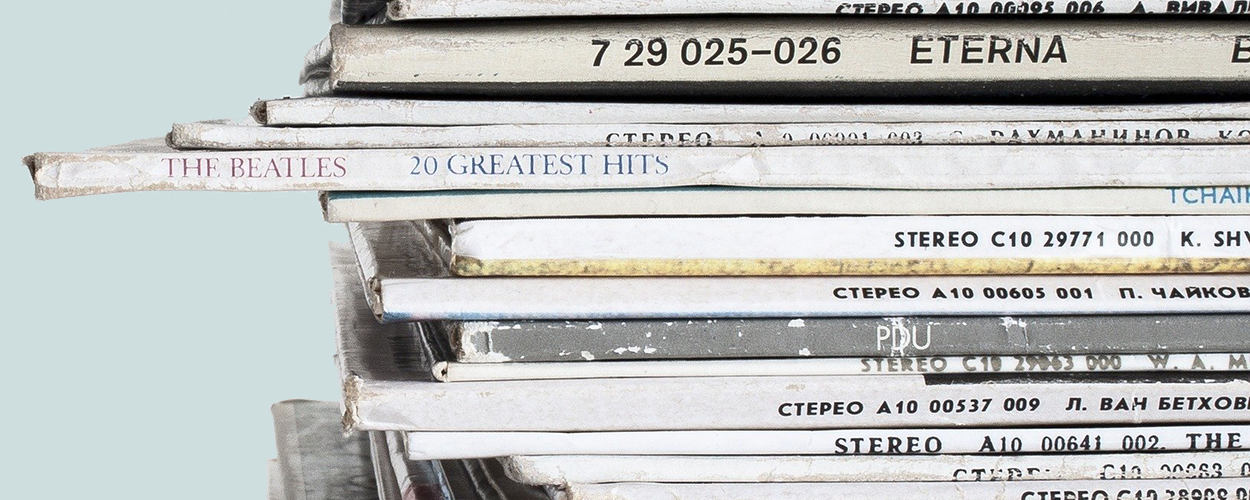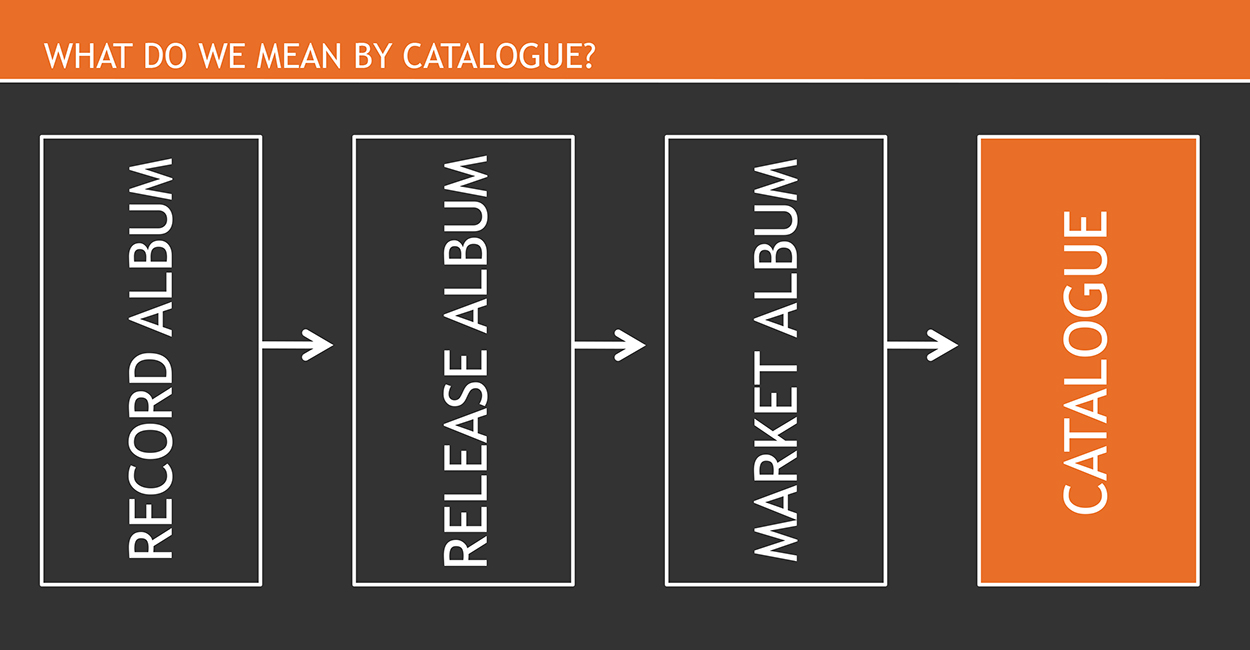This website uses cookies so that we can provide you with the best user experience possible. Cookie information is stored in your browser and performs functions such as recognising you when you return to our website and helping our team to understand which sections of the website you find most interesting and useful.
CMU Trends In Ten Music Marketing Library
CMU Trends In Ten: The Evolution Of Catalogue Marketing
By Chris Cooke | Last Updated: May 2020

This is a ten step guide to the evolution of catalogue marketing, looking at how record companies go about managing, monetising and marketing their catalogues in the streaming age.


01. In the record industry ‘catalogue’ refers to everything but the newest releases
Technically speaking a record company’s catalogue is every single recording that company controls – which is to say, it either owns the copyright in those recordings or it controls them on behalf of the actual copyright owner (possibly the artist) under licence.
However, in the music industry the term catalogue is generally used to distinguish the latest releases from everything that went before. It’s also a way of telling us which team within a record company is in charge of exploiting those recordings.
Many record companies operate both frontline labels and catalogue labels. The former sign artists, send those artists into the studio, release recordings from those studio sessions, and handle all the marketing around release to maximise sales and streams while the record is new.
Once all that has been done the recordings are then passed over to a catalogue label or division whose job is to find other ways of making money from those albums and tracks.
At what point a recording actually becomes catalogue will vary. Frontline labels are arguably working for a longer period on new releases than they used to, because in the streaming age it takes longer to make a new record a commercial and financial success.
Whereas with discs and downloads most sales were always likely to occur within the first few weeks or months after release, with streaming – where you earn tiny micro-payments for every play – the label needs to make sure that people keep listening to the music again and again over a longer period.
This means that marketing campaigns around new releases are generally getting longer, so six months instead of three months, or even more. But nevertheless, at some point all new releases will be handed over to the catalogue team, and the frontline label will focus its energies on the next new releases.






